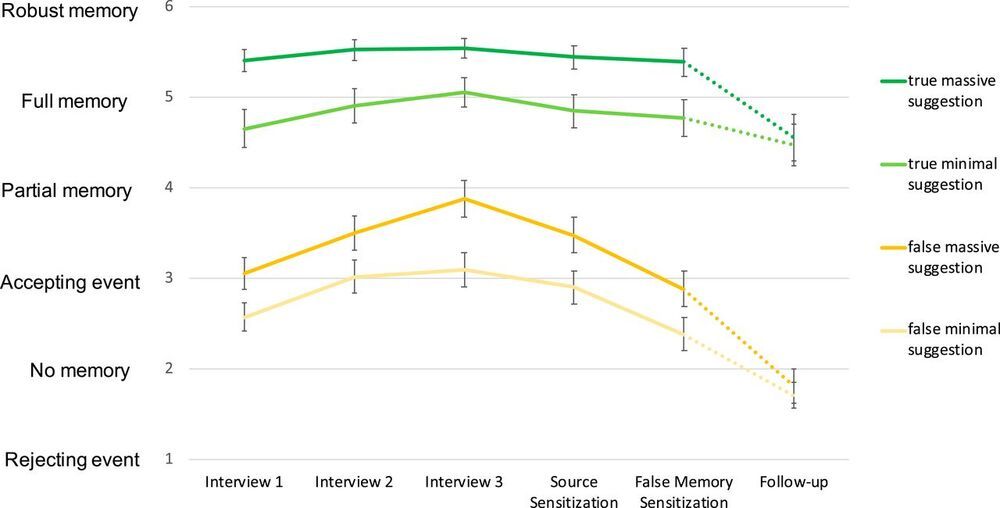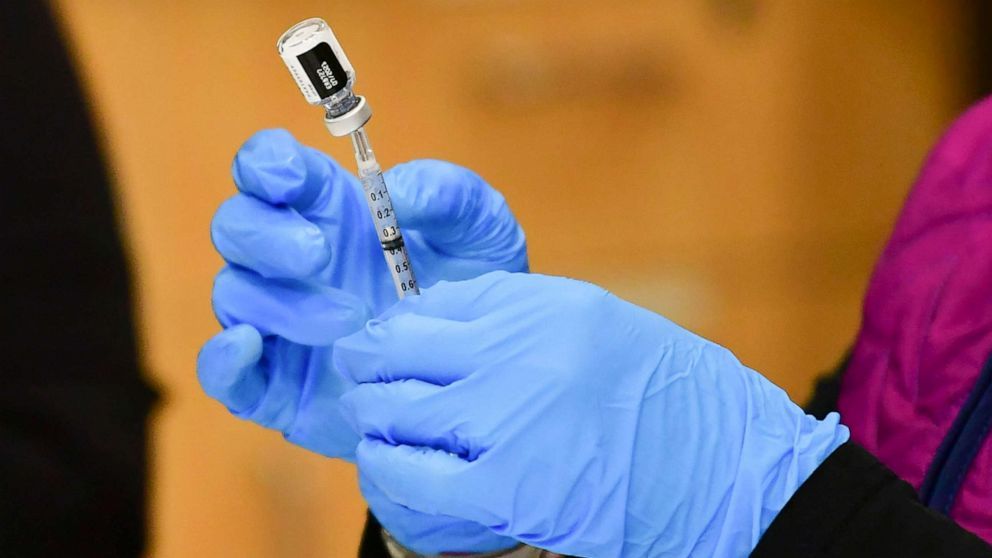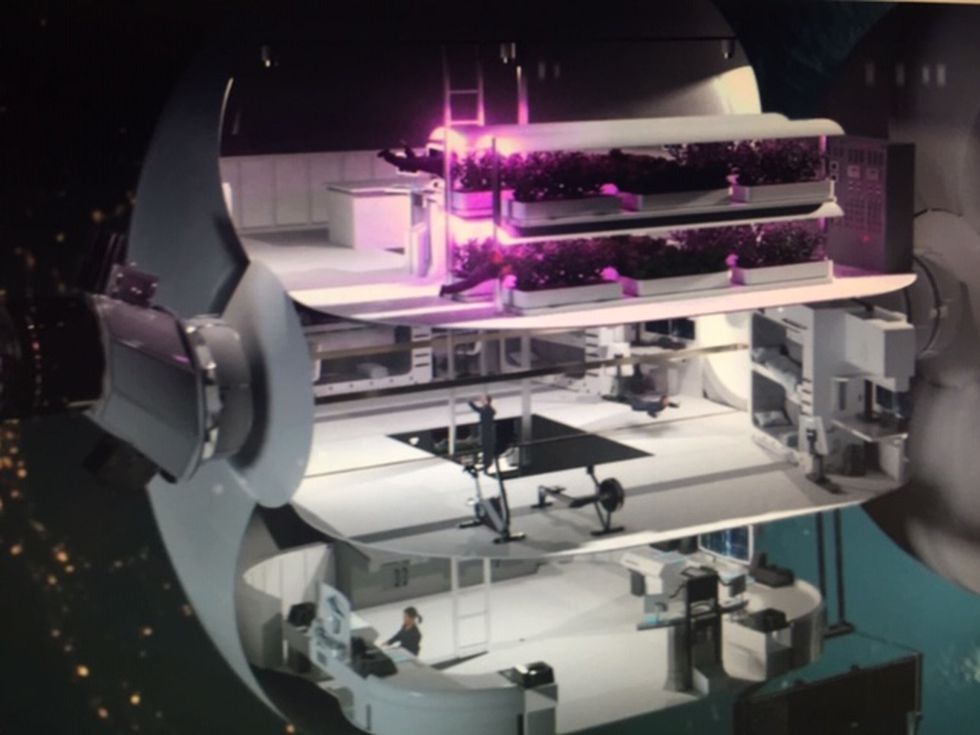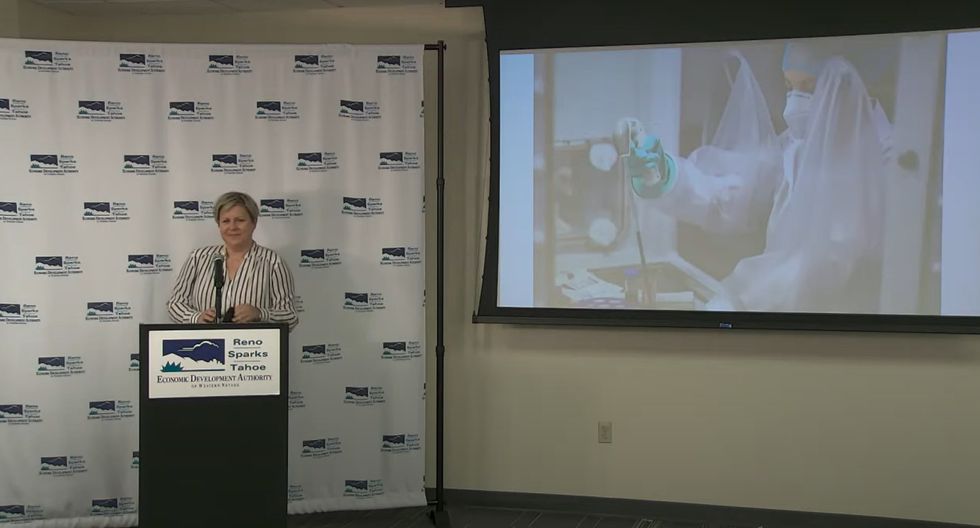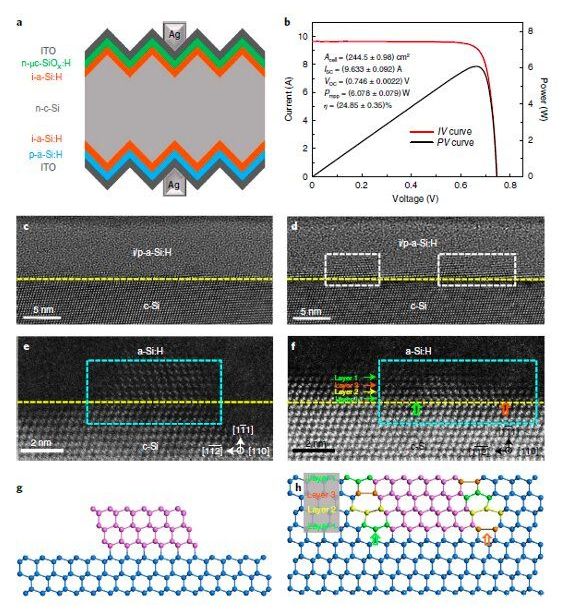Human memory is fallible and malleable. In forensic settings in particular, this poses a challenge because people may falsely remember events with legal implications that never actually happened. Despite an urgent need for remedies, however, research on whether and how rich false autobiographical memories can be reversed under realistic conditions (i.e., using reversal strategies that can be applied in real-world settings) is virtually nonexistent. The present study therefore not only replicates and extends previous demonstrations of false memories but, crucially, documents their reversibility after the fact: Employing two ecologically valid strategies, we show that rich but false autobiographical memories can mostly be undone. Importantly, reversal was specific to false memories (i.e., did not occur for true memories).
Anonymized (.
